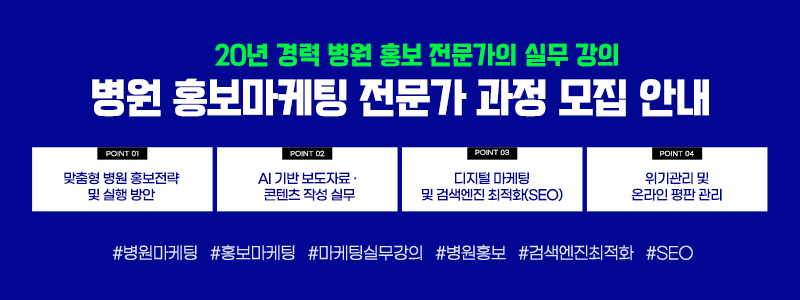Individuals who have suffered a stroke face a significantly heightened risk of developing vascular dementia, particularly those with multiple cerebral infarctions. Vascular dementia, a form of cognitive impairment, arises from damaged blood vessels or disrupted blood supply to the brain following a stroke. Symptoms may include memory loss, language difficulties, and impaired judgment. Because it severely affects daily life and often worsens over time, early intervention and careful management are essential.
The risk is particularly high in patients with multiple cerebral infarctions, where several brain regions are damaged simultaneously, causing widespread functional impairments. For these patients, regular medical evaluations and diligent management are essential to mitigate the risk of cognitive decline.

Prompt treatment following a stroke is critical to minimizing long-term consequences. The sooner treatment begins, the better the chances of limiting brain damage. Delays in care allow brain injury to worsen, underscoring the need for rapid response. Initial stroke treatment focuses on restoring blood flow or removing blood clots to limit neurological damage. Warning signs such as sudden speech difficulties, weakness in one arm or leg, or blurred vision require immediate action. Call emergency services (911 in the U.S. or 119 in South Korea) and seek hospital care without delay.
Lim Hye Jung, HEALTH IN NEWS TEAM
press@healthinnews.co.kr


